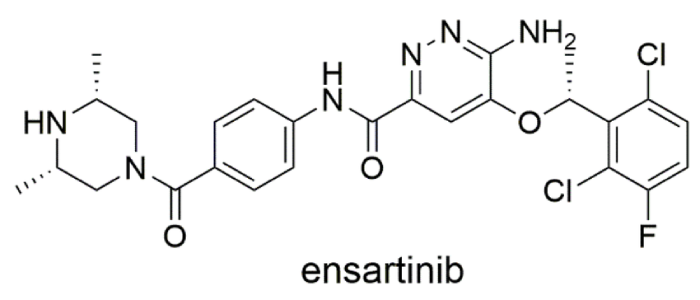Xylitol’s Role in Reducing Energy Intake and Its Metabolic Impact
Xylitol, a naturally occurring low-calorie sweetener, has gained significant attention as a healthier alternative to sugar due to its low-glycemic and low-insulinemic properties. A recent randomized, controlled, double-blind, crossover trial (ClinicalTrials.gov NCT05671965, 20 December 2022) investigated the effects of xylitol, sucrose, and acesulfame potassium (ace-K) on energy intake during a subsequent ad libitum test meal. The study included 20 healthy participants with normal body weight, who underwent four study visits. During each visit, participants consumed a preload containing either 33.5 g xylitol, 33.5 g sucrose, 0.1675 g ace-K dissolved in 300 mL water, or 300 mL pure water as a control. Fifteen minutes after consuming the preload, participants were provided with an ad libitum test meal, and their energy intake was measured. Blood samples were also collected to analyze concentrations of cholecystokinin (CCK), glucagon-like peptide-1 (GLP-1), glucose, and insulin.
The results revealed that total energy intake was significantly lower in response to xylitol and ace-K compared to sucrose (pTukey < 0.03), with no notable differences between xylitol, ace-K, and water. Plasma CCK concentrations were higher in response to xylitol compared to sucrose, ace-K, and water (pHolm < 0.01), while GLP-1 concentrations remained consistent across all preloads. Additionally, plasma glucose and insulin concentrations were lower in response to xylitol compared to sucrose (pHolm < 0.01), although xylitol did cause a slight increase in insulin compared to ace-K and water (pHolm < 0.01). These findings suggest that consuming preloads sweetened with xylitol or ace-K before a meal can lead to a reduction in total energy intake compared to sucrose-sweetened preloads.
Commentary by SuppBase Columnist Alice Winters

The study on xylitol as a low-calorie sweetener offers compelling insights into its potential role in managing energy intake and metabolic responses. Xylitol’s ability to reduce total energy intake compared to sucrose is particularly noteworthy, as it aligns with the growing demand for sugar alternatives that support weight management and metabolic health. The findings also highlight xylitol’s unique ability to elevate plasma CCK concentrations, a hormone associated with satiety, which may explain its effectiveness in curbing energy intake.
However, the study raises some intriguing questions. While xylitol outperformed sucrose in reducing glucose and insulin spikes, it still caused a slight increase in insulin compared to ace-K and water. This suggests that xylitol, though superior to sucrose, may not be entirely inert in terms of insulin response. This nuance is critical for individuals managing conditions like insulin resistance or diabetes, as even minor insulin fluctuations can have implications for metabolic health.
Another point of interest is the lack of difference in GLP-1 concentrations across all preloads. GLP-1 is a key hormone in appetite regulation and glucose metabolism, and its stability in this context suggests that xylitol’s satiety effects may be mediated more by CCK than GLP-1. This distinction could guide future research into the specific mechanisms by which xylitol influences appetite and energy intake.
From a formulation perspective, xylitol’s performance as a sugar alternative is promising, particularly for products targeting weight-conscious consumers or those with dietary restrictions. Its natural origin and low-calorie profile make it an attractive option for clean-label products, though its potential gastrointestinal side effects at higher doses should not be overlooked.
Market trends indicate a growing preference for natural, low-calorie sweeteners, and xylitol’s dual benefits of reducing energy intake and moderating glycemic response position it well within this niche. However, its higher production cost compared to artificial sweeteners like ace-K may limit its widespread adoption in mass-market products. Brands aiming to leverage xylitol’s benefits should consider targeting premium or health-focused segments where consumers are willing to pay a premium for natural ingredients.
In conclusion, this study underscores xylitol’s potential as a functional sweetener with tangible metabolic benefits. While it may not be a one-size-fits-all solution, its ability to reduce energy intake and modulate satiety hormones makes it a valuable tool in the ongoing quest for healthier sugar alternatives. As always, consumers should consider their individual health needs and consult with healthcare professionals when making dietary changes.



